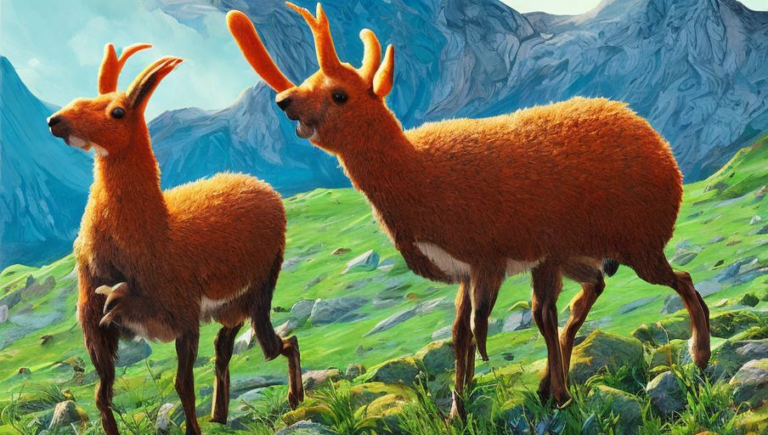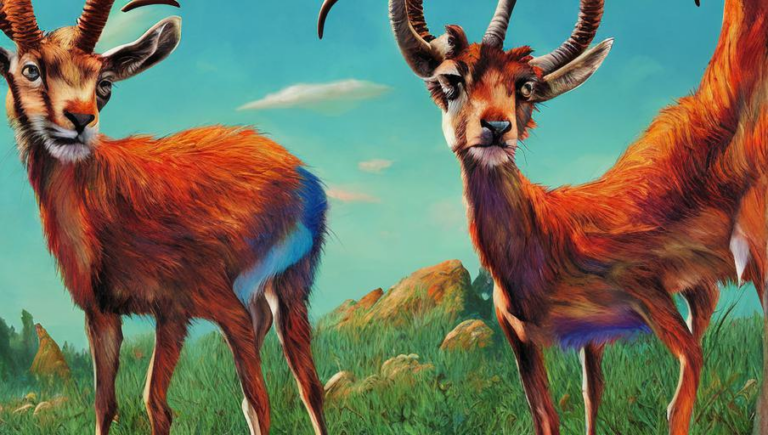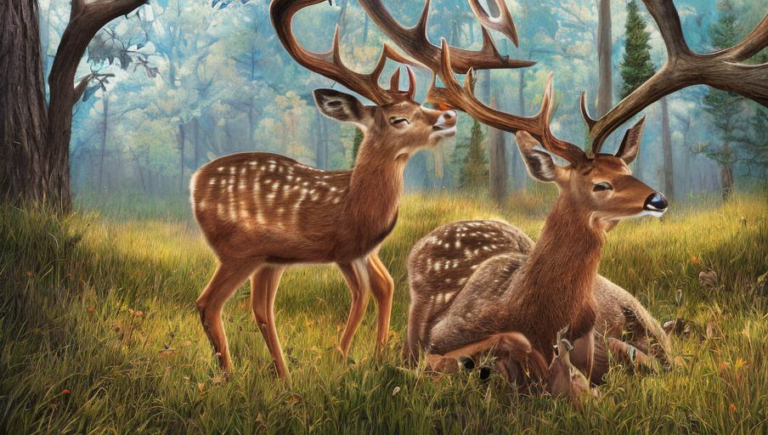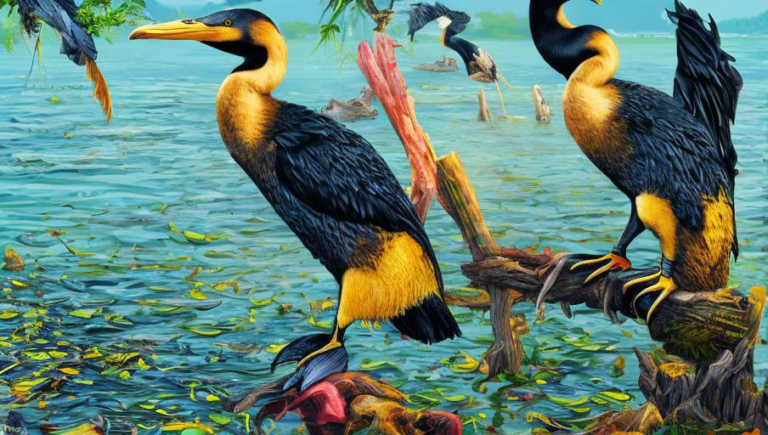Leaping Through the Air: Bat Hunting and Feeding Habits
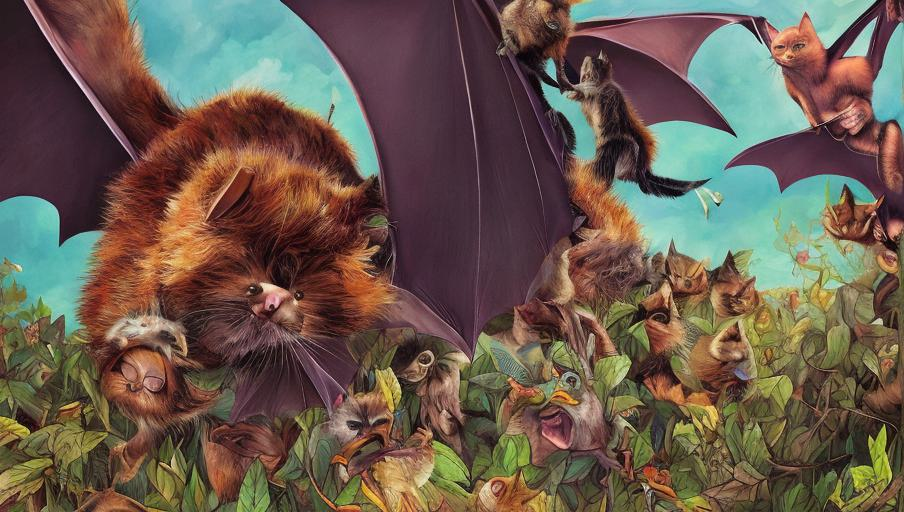
Bat Hunting and Feeding Habits
Bats are fascinating creatures that have adapted to life in the night sky. They are hunting and feeding on the wing, often in pursuit of their prey. Bats are a species of mammal, and the only ones to have developed true flight.
Hunting Techniques
Bats use a variety of techniques to find and capture their prey. They use echolocation to detect their prey in the dark, emitting high-frequency sound waves that are reflected back to them by their prey. This technique is so efficient that bats can detect a target as small as a single insect in total darkness.
Bats also use what is known as a “hawking” technique, where they actively pursue their prey by flying after them. This particular technique is most commonly employed by bats that feed on larger insects, such as moths and beetles.
Feeding Habits
Bats usually feed on small insects, such as mosquitoes, moths, and beetles. They also feed on larger insects, such as cockroaches, as well as fruits and nectar from flowers. Some bats are also specialized predators, such as the vampire bat, which feeds exclusively on the blood of other animals.
Bats typically feed during the night, when most of their prey is active. They may also feed during the day, but this is not as common. Bats generally consume a wide variety of prey, and they are opportunistic hunters.
Conservation Status
Bats are essential to the environment, as they provide essential pest control services. Unfortunately, many bat species are facing population declines due to destruction of their habitats, pollution, and the use of pesticides. This has resulted in some species becoming endangered or even threatened with extinction.
Conservation efforts are underway to protect bats and their habitats. Some organizations are working to create and maintain bat sanctuaries, while others are working to educate people about the importance of conserving bats and their habitats.
Bats are an incredible species, and their importance to the environment cannot be overstated. We must do our part to ensure that these remarkable creatures remain part of our world for generations to come.
